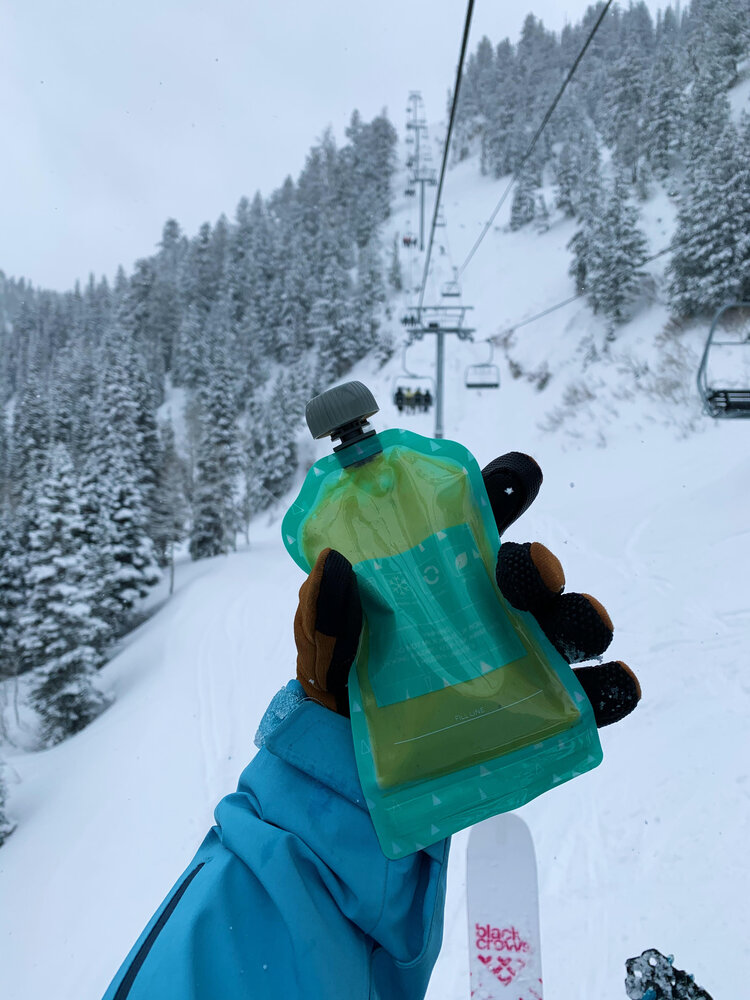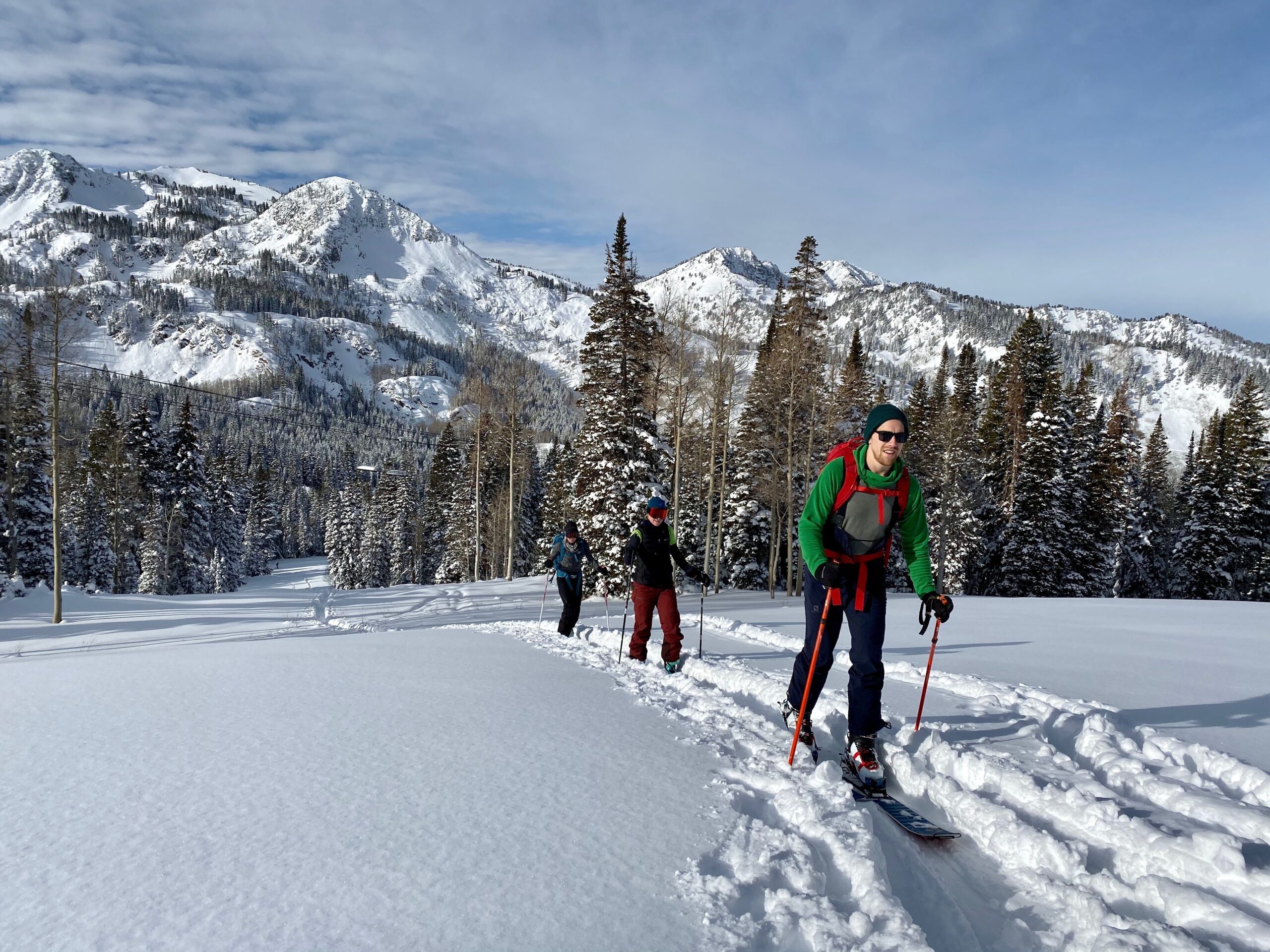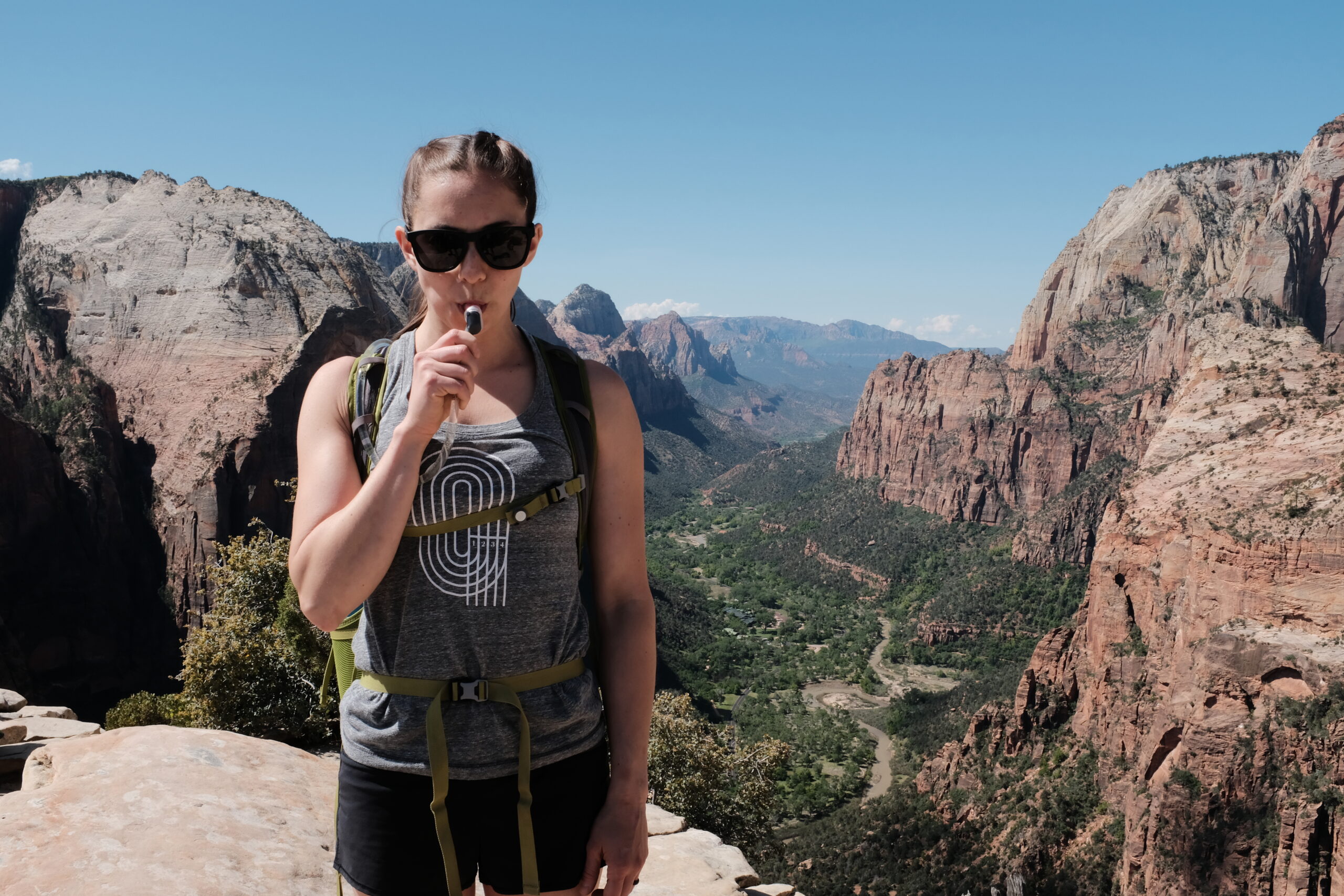Learn the importance of sleep and how to optimize by creating a nighttime routine to reduce stress, improve energy and athletic performance.
Sleep is necessary for human function, but what about athletic performance? Very little research investigates sleep deprivation and athletic performance. However, current literature points toward reduced athletic performance with sleep loss, and performance improvements with extended sleep, but the extent and mechanisms of its affects are not well understood. Read on to learn how sleep can affect athletic performance, and how to create a nighttime routine to gain more zzz’s.
Reduction in Sleep Quality and Quantity Can:
- Simulate symptoms of overtraining syndrome (1)
- Weaken the immune system (2)
- Increase susceptibility to fat/weight gain (3)
- Diminish performance in submaximal, prolonged tasks (participating in general sports); less so in maximal one-off efforts (snatch, clean and jerk, front squat, etc).(3) Other studies showed performance reductions in both anaerobic activity (sprinting) and aerobic activity (running). (4,5)
How Many Hours Per Night is Optimal:
- Adolescents (12-18) need at least 9 hours amount of hours per night. Unfortunately, most sleep much less than this. (6)
- Adults need 7 – 9 hours per night. Recommendations are less clear for for highly active individuals and elite athletes. Many elites have been known to get between 10-12 hours (including naps). The USOC thinks sleep is so important that they even have an Olympic Sleep Coach!
What is Sleep Quality?
Sleep quality describes how well you sleep. For adults this can include falling asleep in less than 30 minutes, sleeping through the night with no more than one awakening, and falling back asleep in less than 20 minutes upon waking up. (7) Deep sleep (the slow-wave sleep during NREM phase) is crucial for recovery in athletes; growth hormone is released during this phase, which helps the body repair tissues. (8)
One study (on 47 Olympic athletes) suggests that elites have a more difficult time falling asleep and poorer sleep quality than non-elites.(9) Wherever you fall on the spectrum between recreational athlete to elite, all would benefit from more sleep.
Optimize Your Sleep With a Nightly Routine
Make a Bedtime and Wake-Up Time and stick To It
A consistent sleep schedule allows your body to sync into a natural pattern. Flip-flopping these times throughout the week can make it much more difficult to wind down in the evenings or get out of bed in the morning. Note that hard training phases may warrant a longer sleep duration than low training phases.
Minimize Screen Time Before Bed
Set a curfew with electronics to 30 minutes before bedtime. Too much blue light (the rays produced from TV, computer, and phone screens) can actually throw off our body’s natural circadian rhythm, resulting in reduced melatonin secretion, which prevents our body from naturally winding down in the evening. Try using this time to journal, like updating your workout log (I love Believe Training Journal), make a to-do list (this may keep your mind from racing/stressing as you try to fall asleep), read, spend quality time with your loved ones, or snuggle with a fur-baby instead.
Don’t Trust Sleep Tracking Apps
There are an enormous amount of apps available to track sleep quality, but the validity of these is minimal. The apps that pair to wrist devices base their sleep quality information on the amount of movement during the night (movement during sleep does not necessarily equate to sleep quality). There are many factors that influence sleep quality and duration. Many sleep experts warn against the use of these due to inaccuracy. Plus, do you really need one more thing to track/log? If you really want to track your sleep, schedule a sleep study where they will use polysomnography to measure your sleep.
Use a Real Alarm
Most folks likely use their smartphone for a morning alarm clock, but keeping the phone by the bed can create the temptation to reach for it. We all know that social media scrolling or phone games can last far longer than intended. Phones also emit small amounts of radiation (carcinogen), and while the effects of electronics radiation are not well understood, why not stay away when it’s not in use? I like alarm clocks that only emit the lit time when the clock is touched to reduce bedroom light.
Sleep in a Cleaner Environment
If you suffer from allergies, creating a clean bedroom environment can likely reduce allergy symptoms like mouth-breathing and snoring. Translation? Keep your room clean and change sheets every week to reduce dust and dander. If you’re like me and put off sheet washing, keep an extra set or two of sheets around so you aren’t obligated to wash/dry your only set the same day. My allergist recommended a HEPA air filter to not only provide white noise but to filter and purify the air reducing airborne allergies. Keep one in the bedroom and leave it on 24/7, keeping the bedroom door shut during the day. Wintertime or dry climates could also warrant the use of a humidifier in the bedroom.
Avoid Caffeine at Least 6 Hours Before Bedtime
That 3 pm cup of coffee might be hindering your ability to fall asleep. One study shows that consuming caffeine even 6 hours before bedtime can reduce sleep by 1 hour. (10) If you need a mid-day energy surge at the office, try a brisk 5-minute walk or mini-stretching routine to induce blood flow.
Don’t Waste your Money on Melatonin
Your body produces melatonin as the day becomes darker, which signals the body to wind down. However, it actually doesn’t generate sleep- it’s more like a timer for when sleep will occur. Some people find melatonin supplements helpful for falling asleep. Some physicians even prescribe it. However, the overall research is mixed on its efficacy, so I don’t recommend it. However, you could experience a placebo effect, so If you want to give it a try, check out my post on how to find a safe supplement. (11)
Use Caution With CBD
There is preliminary evidence that CBD can improve sleep in people with insomnia and other disorders that affect sleep including anxiety, PTSD, and Parkinson’s disease. (12,13) Most recently, a small 2018 double-blind, placebo-controlled, crossover study found that CBD had no significant effect on sleep.(15) Additionally, research on cannabinoids (which includes CBD) and sleep are in their infancy, and results are mixed, so the jury is still out. More clinical studies are definitely needed in this new area.(14) It will be fascinating in the coming years to see more research on CBD and its potential benefits. My current verdict? Since CBD is not well regulated, elite/college/competitive athletes who are subject to drug testing should stay clear, because while CBD is not psychoactive, most CBD companies provide a disclaimer stating that trace amounts of THC can occur in the product. Sure, for the most part, this is minuscule amounts and you certainly won’t get high from it, but the risk is still there to fail a drug test. For those who would like to try it, CBD is currently not even considered a supplement by the FDA, so third-party testing for pure product is essential.
Reserve The Bed For Sleeping
Sleep expert Matthew Walker, PhD (author of Why We Sleep) recommends even reading in another room and only going to the bedroom when you become sleepy! He argues that our body is really good at associating wakefulness and sleepiness in our bed. He suggests if one wakes up in the middle of the night and can’t fall back asleep in 20 or so minutes, to get up and read in another room.
Customize Your Nightly Routine
- Caffeine Free Tea
- Meditation
- Yoga
- Hot Shower/Bath
- Essential Oils
- Eye Mask
- Ear Plugs (for those living in dorms or while traveling)
- Cozy PJs (or lack thereof if you’re into sleeping in the nude)
- Snuggling
- Journaling
During the summer when I had 4 months of hard training, a strict bedtime was important for me to get enough sleep with frequent 4:45 am alarms. Now that I’m out of a hard training phase, I’m a bit more laissez-faire. What routine have you found helpful to get a better night’s sleep?
If you’re seriously struggling with sleep and believe you would benefit from an in-depth assessment, schedule a sleep study at an American Academy of Sleep Medicine accredited center where a physician can advise you based on the results.
Sources
1. Fullager, HH, et al. Sleep and athletic performance: the effects of sleep loss on exercise performance, and physiological and cognitive responses to exercise. Sports Med. 2015 Feb;45(2):161-86.
2. Krueger, J.M., J.A. Majde, and D.M. Rector (2011). Cytokines in immune function and sleep regulation. Handb. Clin. Neurol. 98:229-240.
3. Haiston, KG, et al. (2010). Sleep duration and five-year abdominal fat accumulation in a minority cohort: the IRAS family study. Sleep. 33(3):289-95.
4. Skein, M., R. Duffield, J. Edge, M.J. Short, and T Mundel. (2011). Intermittent-sprint performance and muscle glycogen after 30 h of sleep deprivation. Med. Sci. Sports Exerc. 43:1301-1311.
5. Oliver, S.J., R.J. Costa, S.J. Laing, J.L. Bilzon, and N. P. Walsh (2009). One night of sleep deprivation decreases treadmill endurance performance. Eur. J. Appl. Physiol. 107:155-161.
6. Moore, M., and L.J. Meltzer (2008). The sleepy adolescent: causes and consequences of sleepiness in teens. Paediatr. Respir. Rev. 9:114-20; quiz 20-1.
7. https://www.sleep.org/articles/sleep-quantity-different-sleep-quality/
8. Shapiro, C.M., R. Bortz, D. Mitchell, P. Bartel, and P. Jooste (1981). Slow-wave sleep: a recovery period after exercise. Science 214:1253-1254.
9. Leeder, J., M. Glaister, K. Pizzoferro, J. Dawson, and C. Pedlar (2012). Sleep duration and quality in elite athletes measured using wristwatch actigraphy. J. Sports Sci. 30:541-545.
10. Drake, C., et al. Caffeine Effects on Sleep Taken 0, 3, or 6 Hours before Going to Bed. JCSM. 9:11.
11. Costello, R, et al. The effectiveness of melatonin for promoting healthy sleep: a rapid evidence assessment of the literature. Nutrition Journal. 2014; 13: 106.
12. Chagas, MH et al. (2014). Cannabidiol can improve complex sleep-related behaviours associated with rapid eye movement sleep behaviour disorder in Parkinson’s disease patients: a case series. Journal of clinical pharmacy and therapeutics, 39(5): 564-6.
13. Babson, KA, et al. (2017) Cannabis, Cannabinoids, and Sleep: a Review of the Literature. Curr. Psychiatry Rep.19(4):23.
14. Babson, KA, et al. (2017) Cannabis, Cannabinoids, and Sleep: a Review of the Literature. Curr. Psychiatry Rep.19(4):23.
15. Linares, L, et al. No Acute Effects of Cannabidiol on the Sleep-Wake Cycle of Healthy Subjects: A Randomized, Double-Blind, Placebo-Controlled, Crossover Study. Front Pharmacol. 9: 315.



